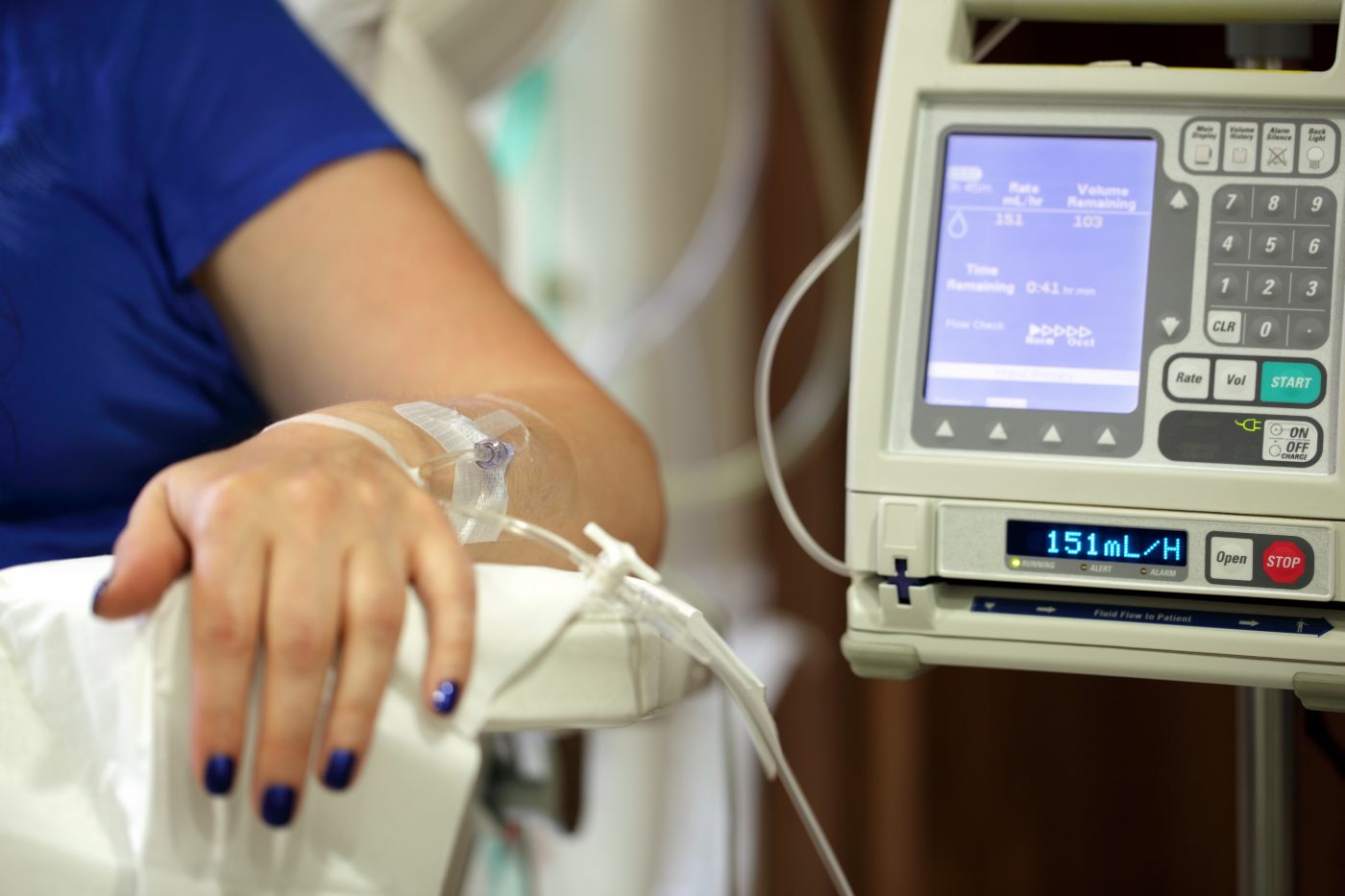Results from a recent study published in the Journal of Clinical Oncology showed that lymphoma survivors who underwent autologous hematopoietic stem-cell transplantation (HSCT) are at increased long-term risk of left ventricular systolic dysfunction and heart failure.
“Our findings may help identify lymphoma survivors at increased risk of left ventricular systolic dysfunction after autologous HSCT and can serve as a basis for developing intensified surveillance strategies for these patients,” wrote led researcher Klaus Murbraech, MD, of the department of cardiology at Oslo University Hospital.
The patients were recruited as part of a cross-sectional Norwegian multicenter study. Eligibility criteria included treatment with auto-HCT for Hodgkin lymphoma (HL) or non-Hodgkin lymphoma (NHL) in Norway from 1987 to 2008; age ≥ 18 years at auto-HCT; and being alive at time of survey. Occurrence of asymptomatic left ventricular systolic dysfunction—defined as a left ventricular ejection fraction of less than 50%—and heart failure were compared between these patients and a group of healthy controls.
A total of 274 lymphoma survivals were included in the analysis with a mean follow-up time from lymphoma diagnosis of 13 ± 6 years. The mean cumulative doxorubicin dose was 316 ± 111 mg/m2, and 35% of lymphoma survivors had received additional radiation therapy involving the heart. The results revealed that 15.7% of lymphoma survivors had left ventricular systolic dysfunction of which 5.1% were asymptomatic. Heart failure patients were symptomatically mildly affected, with 8.8% of all lymphoma survivors classified as New York Heart Association class II, whereas more severe heart failure was rare (1.8%).
“The lymphoma survivors with heart failure were predominantly mildly affected but had a significantly reduced exercise capacity compared with those with asymptomatic left ventricular systolic dysfunction,” the researchers wrote according to a news release. “Severe symptomatic heart failure was rare.”
Compared with controls, lymphoma survivors had a substantially increased left ventricular systolic dysfunction risk. A doxorubicin dose ≥ 300 mg/m2 and cardiac radiation therapy dose greater than 30 Gy were independent risk factors for left ventricular systolic dysfunction.
“To overcome a possible bias in the selection criteria, comparisons with controls were performed after excluding lymphoma survivors already diagnosed with cardiovascular disease, hypertension, or diabetes at survey. Furthermore, by applying the same exclusion criteria in the lymphoma survivors as in the matched control group, we present a more reliable result,” the authors wrote. “However, this adjustment may actually have led to an underestimation of the reported risk of left ventricular systolic dysfunction in the lymphoma survivors.”


